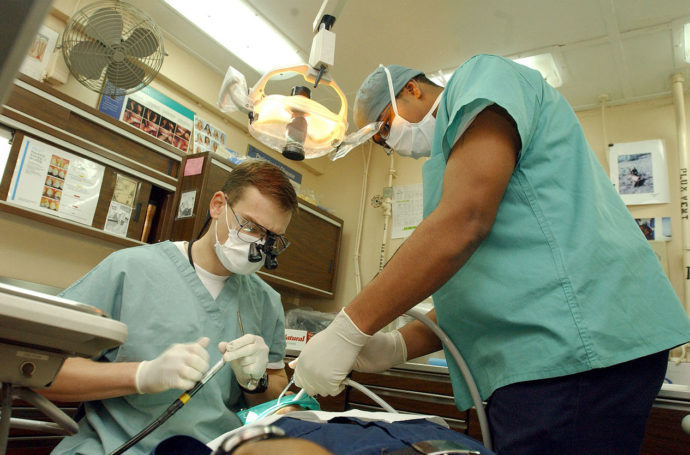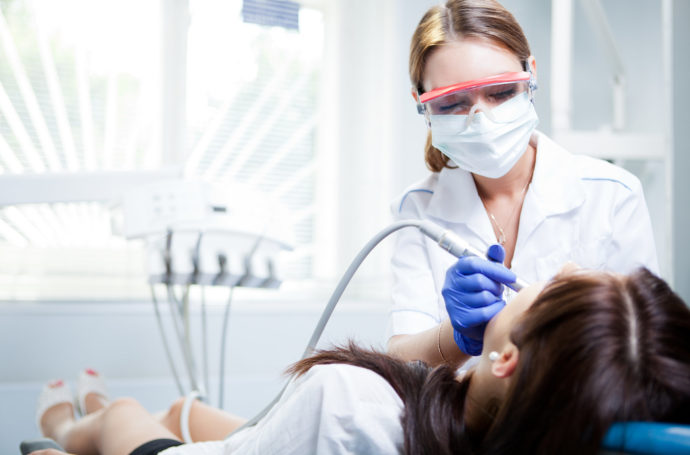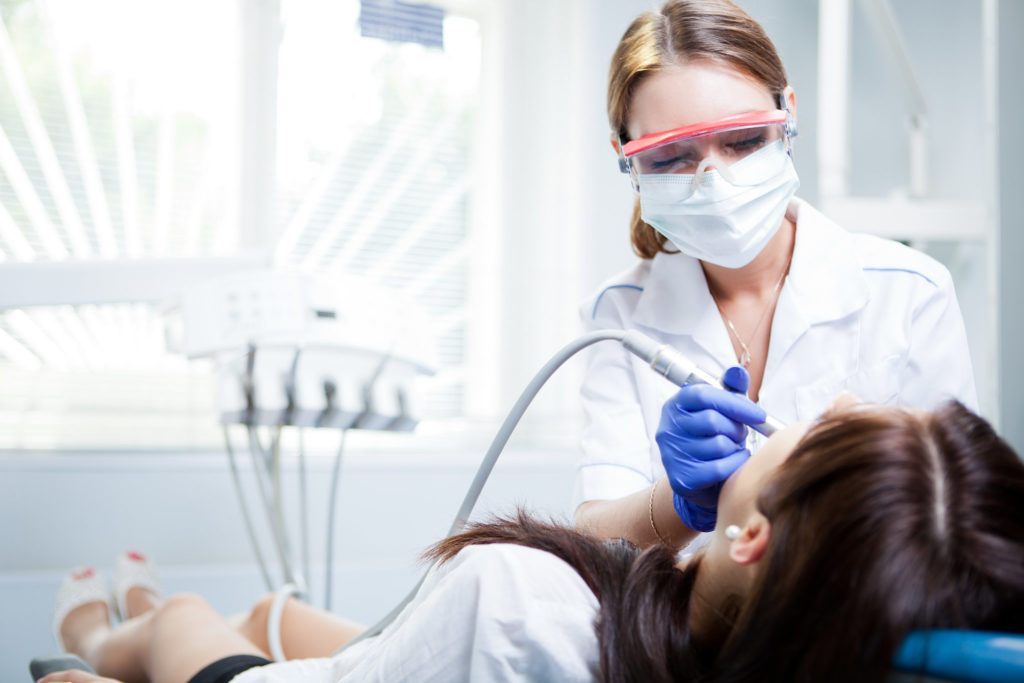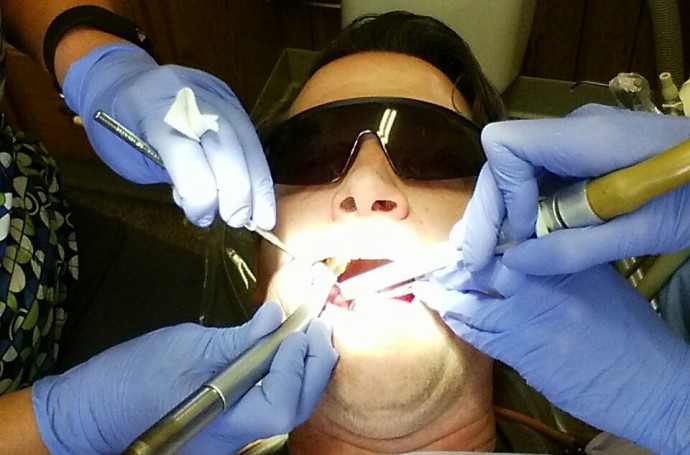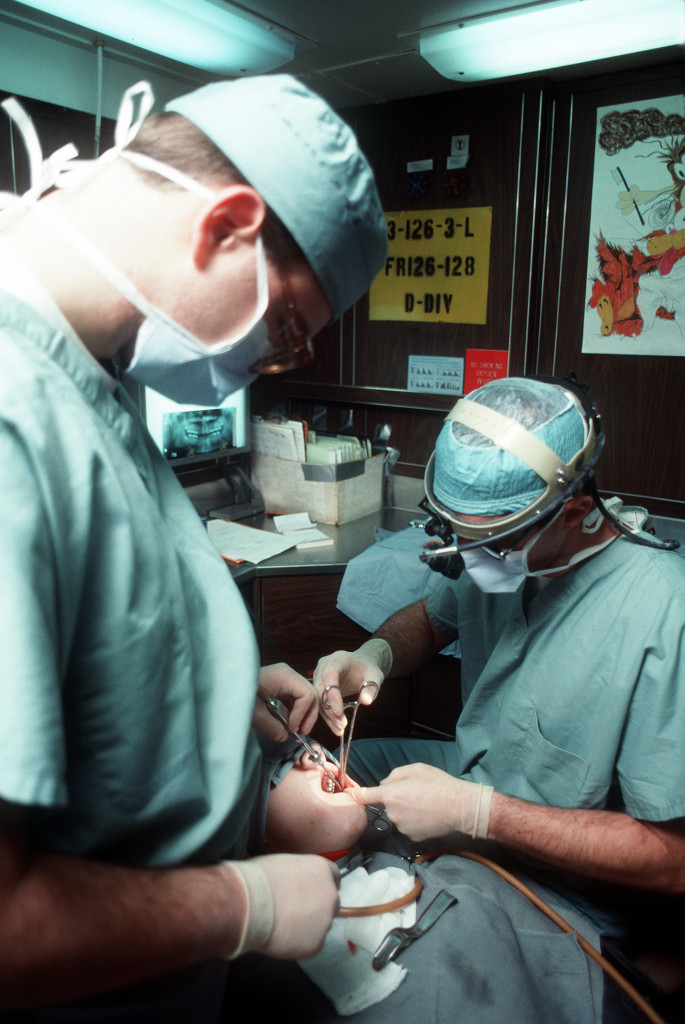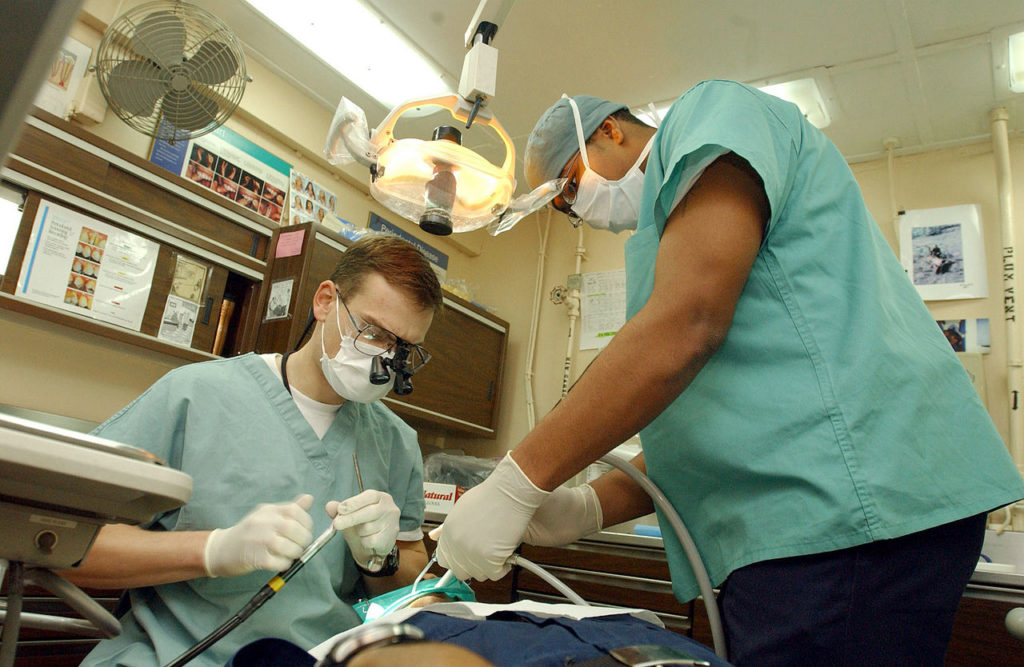
Do you have a dental appointment coming up? Are you feeling a little nervous and unsure how to prepare for it exactly? There are two different ways. If it is your first time going to that dentist you will want to prepare a little more and a little differently. If you have been to the top Waterford dentist before, there are a few simple things you will still want to do. Keep reading as our experts explain how to prepare for the dentist.
The first list we are going to talk about is if you have already gone to that dental practice before.
First, you want to make sure that you show up early. Show up around 10-15 minutes before your appointment. If you show up late and they still can see you (there’s a chance you’ve already missed your chance then and need to reschedule), you will end up pushing the entire dental practice schedules back and everyone behind you will then be late. That is why it’s important to always be on time.
Has anything inside of your mouth been bothering you since you last saw the dentist? If you have taken any notes about any pain or discomfort you are experiencing, make sure you bring those to the dental office. If you don’t have any notes, the night before your appointment, sit down for a couple of moments and think if anything unusual has been going on inside of your mouth. This will help you communicate and remember to share any of your concerns with your dentist during this time.
If you have any questions in general about your oral health or something that you can be doing better, make sure that you write those down then. You don’t want to get home and realize that you meant to ask them a specific question. If you want you can also bring a pen so that you can write down any answers that the dentist says so that they are fresh in your mind.
If there is anything else you want to show the dentist or ask them, make sure that you have it all ready to go before your appointment. Once you go to your appointment, you will be all ready and feeling prepared.
Those were the steps to prepare yourself for the dentist if you have been before. If you have not been before, keep reading as we share those preparation tips.
Many of these will be similar to if you have been before with a few additions. The first is that you want to show up a little longer in advance. You will have a couple of steps when you get to the dental office. One of the main ones is filling out paperwork. You will fill out any issues you have been experiencing, you will fill out anything you are allergic to, and they will ask you some more questions so that they can have an overall sense of where you are at. You will also need to sign a couple of forms.
When you go to the dentist for the first time you will want to bring a couple of things with you. The first is identification, Most dental offices request a copy of your driver’s license or a form of government identification. If you have insurance, make sure that you bring your insurance card with you to make it a lot easier for them to work with your insurance and find you. Your identification will also be to verify that your name is the same as on the insurance card. Another thing that you will want to bring is money. You typically can bring cash, a debit card, or a credit card. Most insurance plans still require you to pay $20, sometimes you pay that to the dental practice and sometimes you pay that to the insurance company. If you do not have insurance, this is especially important that you bring money with you so that you can pay for your visit.
You are most likely transferring from a different dental practice. You can beforehand call the previous dental practice and ask them to transfer all your records to the new practice. If this is uncomfortable for you or you have run out of time, you simply can ask the new dental practice ahead of time to contact your old dental practice and have everything sent to them. This way, it is prepared for your appointment and has already been sent. We recommend trying to get this process started as soon as possible before your appointment.
Just like a regular appointment, you will want to write down anything that has been bothering you since you last saw a dentist. Since that dentist doesn’t know any issues you have had in the past, you also can let them know any problems you have experienced over the years so that they can be caught up. The more you are able to communicate with the dentist the better your experience will be.
